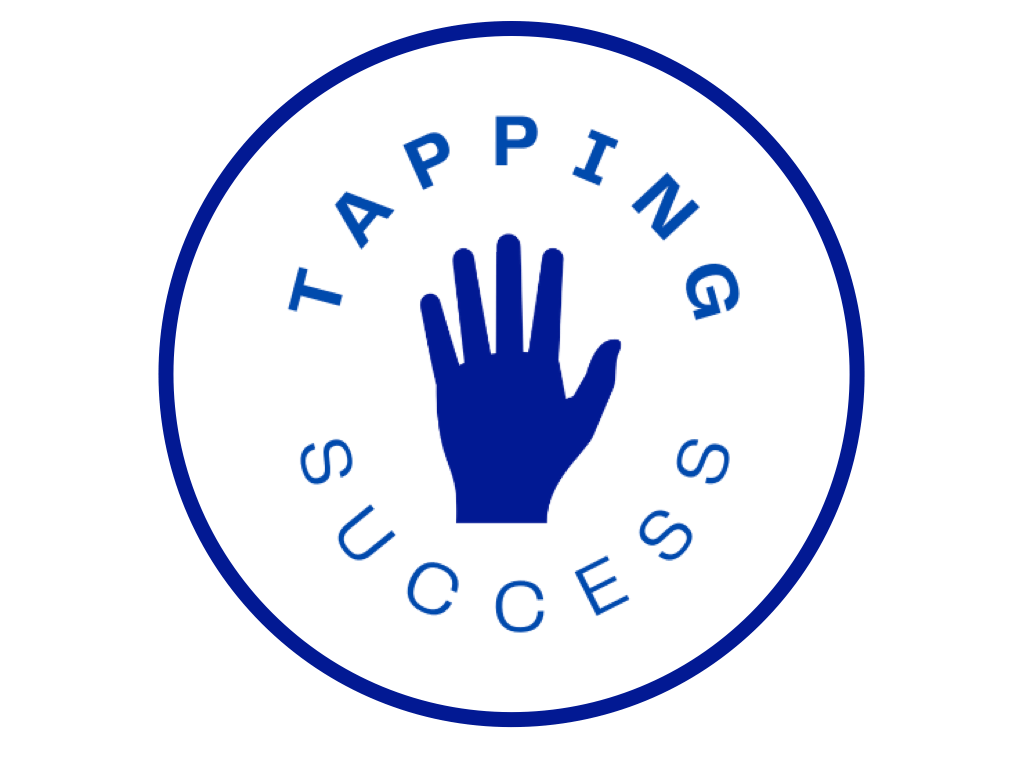FAQs

No. The way I use EFT is not therapy.
I don’t diagnose or treat mental health conditions. This work is practical and focused on reducing stress responses that interfere with clear thinking and action, particularly in professional and performance-related situations.
No. EFT doesn’t rely on belief, positive thinking, or mindset techniques.
It works by calming the nervous system. When stress responses settle, hesitation reduces and clarity tends to return regardless of belief.
Some clients have experienced anxiety or have a history of trauma and find this work supportive when stress responses show up in professional situations.
Overall, this work is best suited to capable professionals who function well but notice hesitation or overthinking under pressure.
If you’re seeking dedicated trauma therapy or mental health treatment, this may not be the right fit.
Not necessarily.
Sessions focus on what’s happening now, especially where pressure or hesitation shows up. At times, earlier experiences may come up if they’re relevant & need processing, but you’re never required to relive or analyse your past.
We only go as far as is useful for reducing the stress response in the present.
Depending on the complexity of the issues being addressed, a typical EFT session lasts about 60 minutes.
Common themes include:
hesitating when attention is on you
overthinking decisions
holding back in meetings or conversations
pressure around leadership, visibility, or next steps
Sessions focus on real situations, not abstract self-improvement.
Many people notice a shift in clarity or internal pressure within a session.
Results vary, but the aim isn’t instant transformation - it’s making action feel easier and more natural in real situations.
In 1 on 1 sessions, I guide the process and tailor EFT to the situations you’re dealing with.
Some clients choose to learn EFT as a self-support tool. Others simply use it within sessions. Both approaches are fine.
Not directly.
The focus is on reducing the stress response that causes hesitation. When stress settles, confidence and action tend to follow naturally.
The consultation is a short, focused conversation to see whether working together makes sense.
There is no tapping on this call. It’s about clarity, fit, and deciding the most appropriate next step.
This work tends to resonate if:
you know what to do but hesitate under pressure
you over-prepare yet still hold back
you don’t want hype, therapy, or mindset tricks
you value calm, practical support
If that sounds familiar, a consultation is the best place to start.
Tapping Success
EFT Practitioner in Melbourne, Australia.
I help capable professionals who hesitate at the point of action move forward - without stress, self-doubt, or fear of being wrong.
Address
Mentone, Melbourne, Australia.
will@tappingsuccess.com

Schedule a Consultation
To schedule a consultation, simply fill out the form below, and I'll get back to you within 24 hours to confirm your appointment and discuss the details of your project further.


